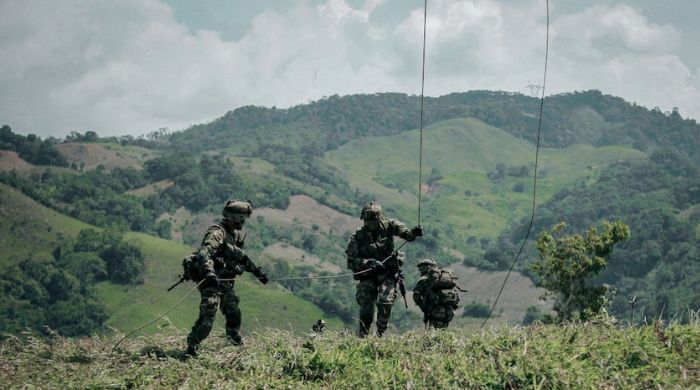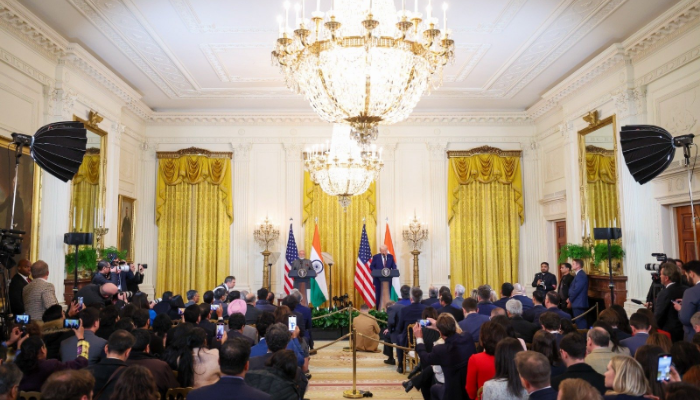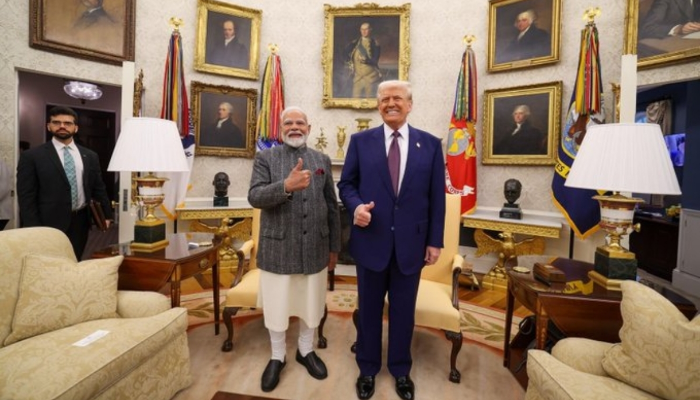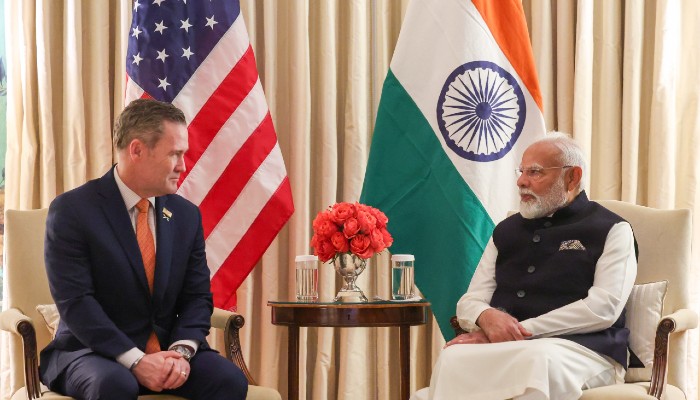DHAKA: Colombian mercenaries are increasingly active in conflicts worldwide, including in the Middle East, Africa, and Eastern Europe. Their involvement has sparked international attention and criticism.
Recently, Colombia’s Foreign Minister, Luis Gilberto Murillo, apologized for the role of Colombian mercenaries in Sudan. An investigation by La Silla Vacía revealed that over 300 former Colombian soldiers joined Sudan’s Rapid Support Forces (RSF), a group responsible for a 2023 coup that led to civil war.
The soldiers were recruited by a Colombian company, International Services Agency A4SI. They were allegedly misled, being told they would guard oil facilities in the UAE. The UAE denies providing arms to the RSF, despite accusations.
The death of Corporal Diego Edison Hernández, a Colombian mercenary killed in Sudan, has highlighted concerns. His family claims the company that recruited him is withholding information about his death and repatriation.
Colombian mercenaries are sought after for their military expertise. Many are former soldiers lured by higher wages but often face deception, exploitation, and legal uncertainties.
Mercenaries in the Middle East
Over the past decade, approximately 10,000 Colombian mercenaries have fought in the Middle East, most recruited by the UAE. In Yemen, hundreds of Colombians fought Houthi rebels, earning salaries far higher than in Colombia. Benefits like Emirati citizenship and healthcare were also promised.
Haiti Assassination Scandal
In 2021, Haitian President Jovenel Moïse was assassinated. Of the 40 suspects arrested, 18 were Colombian mercenaries. Several key figures, including a retired Colombian officer, have been sentenced to life in U.S. prisons.
In Haiti, trials for 19 suspects, including 17 Colombians, have faced delays. Despite arrests, no trials have occurred in Haiti yet.
Fighting in Ukraine
Around 500 Colombian mercenaries have fought in Ukraine, earning $3,000 to $4,000 per month. Many have died, with reports of mistreatment and unpaid wages. Families of fallen soldiers, like Manuel Barrios, struggle to claim compensation.
Colombia: A Mercenary Hub
Experts call Colombia an “early adopter” of mercenarism. Wealthy nations hire Latin American mercenaries for their skills and lower costs. Many are trained by U.S. forces and remain loyal to their paychecks, avoiding political ties.
However, mercenaries often face passport confiscation and difficult conditions. International laws on mercenarism remain vague, making regulation difficult.
Experts predict mercenarism will grow, with wars increasingly privatized and driven by wealthy non-state actors. Colombia is expected to remain a key player in this global trend. (Latin America Reports)

















